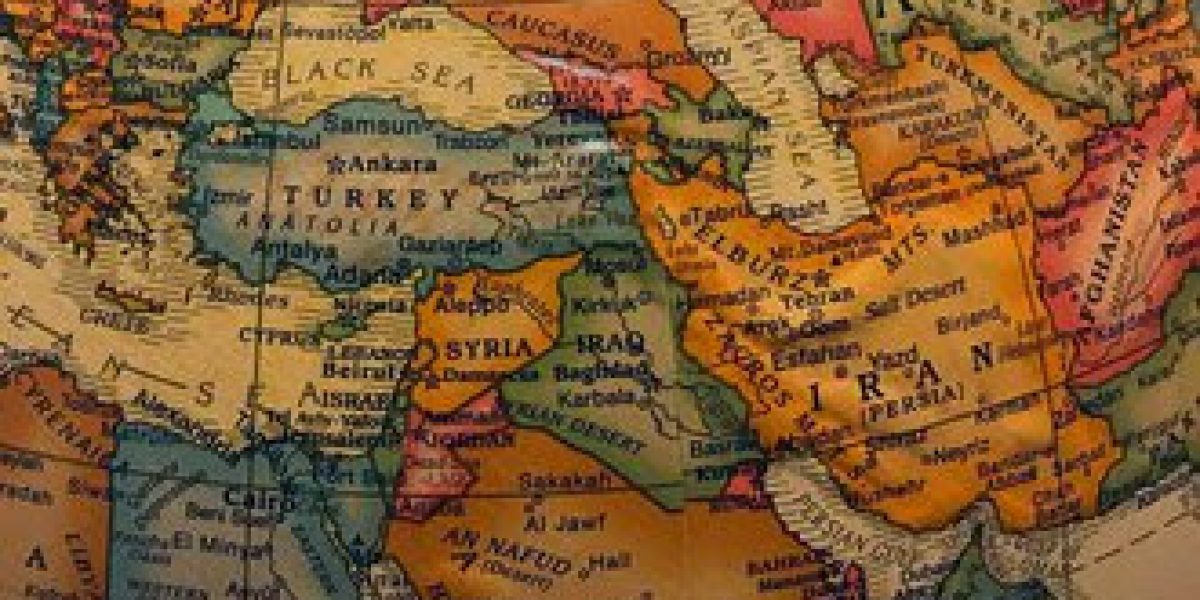
Deadline: 31 August 2017
Open to: applicants must at least hold a Ph.D.
Venue: 3 to 6 months during the academic year October 2018 – September 2019
Description
Antiquity & Late Antiquity
- Religious contacts in the Byzantine empire in Antiquity and the Middle Ages (particularly with regard to the Balkan region and the Christianisation of Eastern Europe);
- Religious contacts in Island Mediterranean: Cyprus, Crete, Rhodes;
- Religions and religious contacts in Pre-Islamic Arabia;
- Religious contacts between North-Africa and Southern Europe in Late Antiquity;
- Religious contacts in South Asia in the phase of “Indianisation”.
Medieval Times
- Religious contacts during the Early Middle Ages in Europe and the rise of early medieval Christian mission;
- Religious contacts during the rise of the Cathars and Bogomils: Cathar/Bogomil-Christian-Jewish;
- Religious contacts in medieval Sicily;
- Religious contacts between Latin West and Mongol Empire;
- Religious contacts in/within the Mongol Empire (including Nestorian and western Christians; indigenous Mongol religions as well as Islam and Buddhism);
- Jewish-Christian contacts in Northern Europe;
- Religious contacts in early Islamic history (7th-9th century CE);
- Religious contacts with/within medieval Islamic Empires;
- Religious contacts during the Crusades and in the Latin East;
- Religious contacts in the medieval Baltic;
- Religious contact in Western Central Asia in Medieval times and with regards to Islam (e.g. its contact with Buddhism, Nestorianism or Manichaeism);
- Religious contacts in South Asia in the Middle Ages;
- Religious contacts in Medieval and Early Modern Iran.
Early Modern Times
- Religious contact in and within Safavid Iran and Mughal dynasty in India;
- Religious contacts in Italian city-states;
- Religious relations in the Ottoman Empire;
- Religious contacts between the Ottoman Empire and the Latin West;
- Religious contacts in the Baltic region in Early Modern times, specifically from the secularization of the State of the Teutonic Order 1525 to the third partition of Poland 1795;
- Religious contacts in and of the Lutheran Swedish Empire (1617-1726) with special regard to the ‘Conventicle Edict’ of 1726;
- Religious contact in the multi-religious Polish–Lithuanian Commonwealth (1569-1795);
- Religious contacts in Portuguese Seaborne Empire;
- Religious contacts in Dutch Seaborne Empire;
- Religious contacts in Island Southeast Asia in the phase of Islamization;
- Religious contact in Northern Central Asia (particularly in Early Modern and contemporary times and with regards to Shamanism);
- Religious contact in Western Central Asia in Early Modern and contemporary times and with regards to Islam.
Modern Times
- Religious contacts during the Napoleonic Empire;
- Religious contacts in Southeast Asia in the colonial period;
- Religious contacts in modern Israel;
- Religious contact in the Russian Federation in post-Soviet times.
Eligibility
- Publication of results from your case study in the form of one or more articles as a contribution to our online journal Entangled Religions;
- Willingness to make use, in your case study, of theoretical concepts developed at the KHK over the past years, including specific critical evaluations of e.g. “purity”, “secret”, “tradition”, “media”, “the senses”, “the immanence/transcendence-distinction” and “dynamics/stability”;
- Residence and continuous presence in Bochum during your fellowship;
- Committed participation to the activities of the Käte Hamburger Kolleg;
- Applicants must at least hold a Ph.D.
Remuneration
- Up to EUR 5,800 per month fellowship as a grant or as a salary for fellows, as a substitute at their home institution;
- An excellent infrastructure (location near Bochum Campus in Germany, libraries, inter-library loan etc.);
- Travel expenses related to research activities (subject to approval);
- Means for organizing conferences or workshops on religious contacts (subject to approval).
How to Apply?
Interested applicants should send: a letter of interest, a current CV, including a list of publications, and an exposé of the intended research (approximately 3-5 pages) to: ceres-khk-fellowapplication@rub.de
For more information please read the official call.


